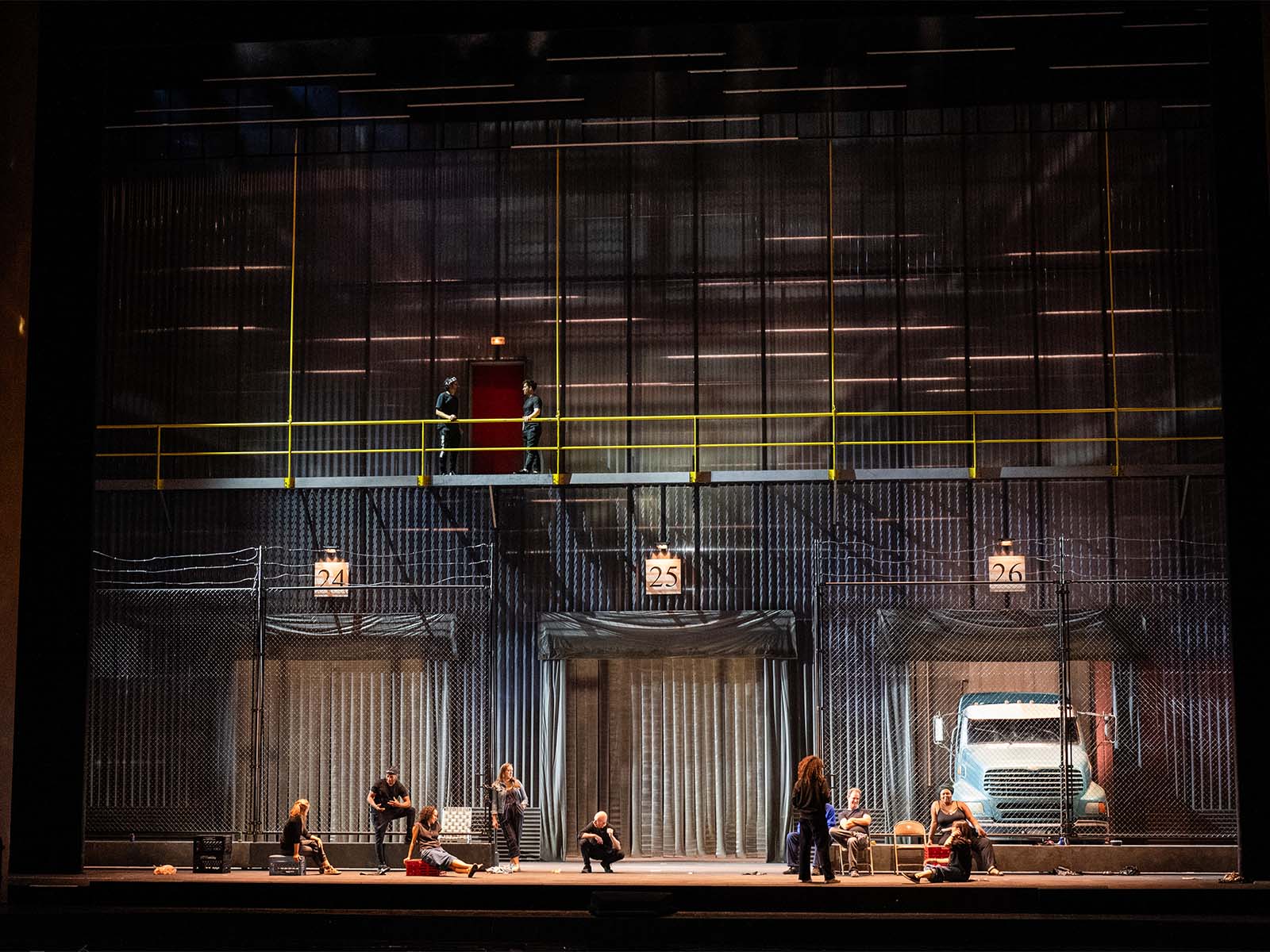
Carmen
Every woman is bitter as bile, but each has two good moments,” begins the epigraph to Prosper Mérimée’s novella Carmen, one of the primary sources for Georges Bizet’s immortal opera of the same name. The “two good moments” that the author cites—the first sexual, the next in the grave—establish with offensive economy the central concerns of the work: desire and death and their dangerous combination in the female sex. And few operas offer up such luxuriant depictions of both as Carmen. Brazenly seductive, unrepentantly exotic, recklessly strong willed, the character of Carmen has enthralled the world’s imagination for more than a century and a half, with her story told in flamenco and hip-hop, in settings from the Netherlands to South Africa, in a Tom and Jerry cartoon, and in more than70 films by directors as diverse as Charlie Chaplin and Jean-Luc Godard.
For the Met’s new production of Carmen, which premieres on New Year’s Eve, acclaimed English director Carrie Cracknell has reinvigorated the classic story with a staging that moves the action to the modern day, setting the opera in a border town in the American Southwest replete with shipping containers, tractor trailers, and human trafficking. “It is a muscular, robust story, and I immediately became interested in how this iconic work, which has such a wide performance history, could be interpreted and reimagined,” Cracknell remarks. “Traditionally this opera has been staged by men and has characterized Carmen’s death as an act of passion, or to some extent an act of fantasy. But no woman deserves to die in this way at the hands of her intimate partner, and yet it is pervasive worldwide. So, we are trying to explore what themes are present in the piece that we can shine a new light on.” Thus, this daring new vision finds at the heart of Bizet’s classic opera issues that could not be more relevant today: gendered violence, abusive labor structures, and the desire to break through societal boundaries.
This guide approaches Carmen from musicological, cultural-historical, and theatrical perspectives. By delving into the libretto’s multiple sources, Bizet’s exoticist musical language, and the use of scenic design to convey the multiple social worlds in which the work takes place, among other topics—including crucial questions of race, ethnicity, and gender that pulse through the opera—students will discover what makes Carmen both timeless and timely.
Included in the 2009-10, 2014-15, 2018-19, and 2023-24 seasons of HD Live in Schools.

